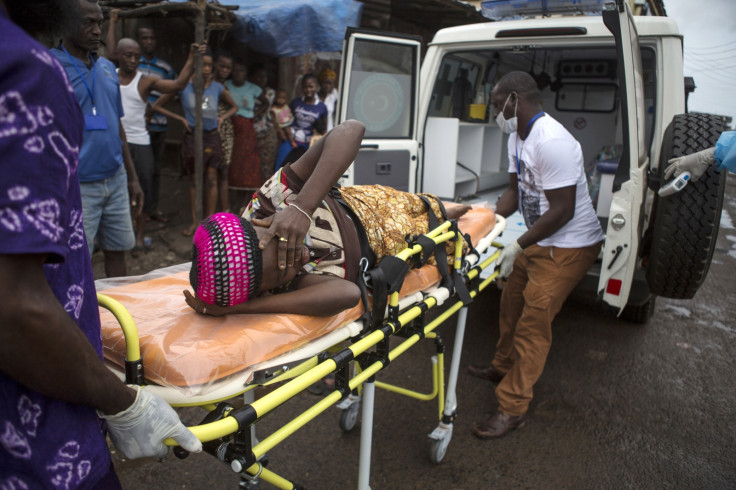Ebola: Are UK Government Cuts in Aid to Blame for Sierra Leone and Liberia Outbreak?

International aid cuts to two of the world's poorest Ebola-stricken countries may have contributed to the spread of the virus, MPs have warned.
The International Development Committee (IDC), the parliamentary watchdog for the Department for International Development (DfID), said the British government must restore planned cuts in its aid budget for Sierra Leone and Liberia in light of the Ebola outbreak.
The DfID's bilateral budget for the two West African states will be slashed by a fifth from 2013/2014 to 2015/2015, a cut of £14.5m.
The committee's report comes as politicians and experts meet to debate a global response to the crisis in London. The World Health Organization said on Thursday that the death toll has surpassed 3,300 in West Africa.
IDC chair Sir Malcolm Bruce said it was wrong to cut support to the countries in the middle of a "devastating epidemic".
"The scale of the Ebola crisis now unfolding in Sierra Leone and Liberia may well be connected to declining levels of international support for health system improvements in what remain two of the poorest and least developed countries in the world," he said.
"In the midst of this devastating epidemic, it is wrong for the UK to cut its support to these two countries. The planned termination of further UK funding to the Liberian health sector is especially unwise."
In the IDC report Recovery and Development in Sierra Leone and Liberia, the watchdog said the crisis "demonstrates the dangers of ignoring the least developed countries in the world", accusing ministers and aid agencies of switching focus to "higher-profile" places.
Ministers were accused of undermining £20m of previous UK-channelled aid from the health sector.
Bruce, a Liberal Democrat MP, said the UK could be proud of the work done by the DfID in the region and added that the department has issued extra support since the outbreak of Ebola in December 2013.
But he added: "Ministers must take a closer interest in where UK money is going and whether it is being spent as intended. DfID did not seem to be concerned about how much of the work they recently funded has been undone through a failure to distribute ongoing support."
In response, the DfID said in a statement: "This report is out of date. Britain remains the largest bilateral donor to Sierra Leone and we are leading the international response to this unprecedented outbreak through a £125m pledge to contain, control and defeat this disease."
Inadequate healthcare infrastructure in Sierra Leone and Liberia has been blamed for the spread of the Ebola virus. The committee's report said one of the key issues is the shortage of healthcare workers.
"The horrific Ebola outbreak has spread for many reasons, but the weakness of health systems has played a part. The outbreak indicates the continuing need for the governments of Sierra Leone and Liberia and for donors to give a high priority to health," the report read.
© Copyright IBTimes 2024. All rights reserved.






